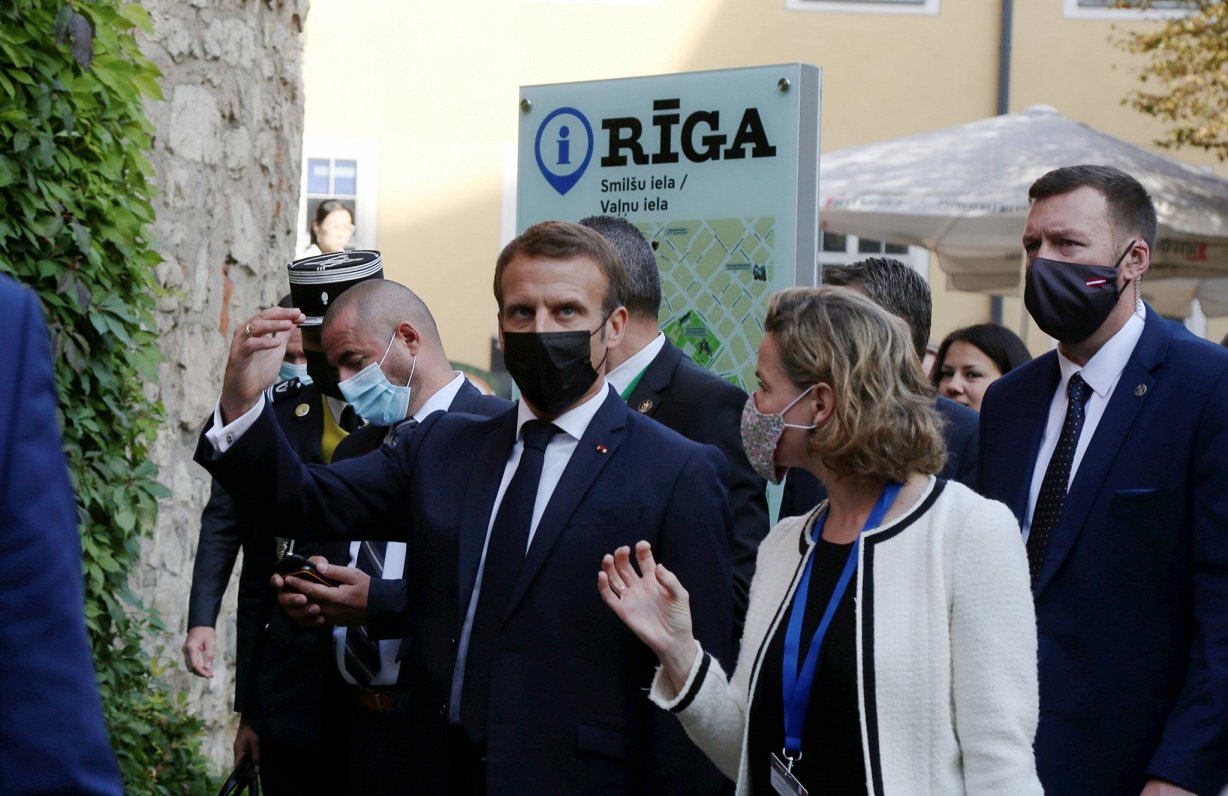In a letter to Minister Carola Schouten (Fisheries) and Cora van Nieuwenhuizen (Infrastructure and Water Management), the various fisheries organizations no longer show any future prospects. The construction of large-scale wind farms, the necessary nature compensation, the ban on pulse fishing and the uncertainties surrounding Brexit leave little room for Dutch fisheries. The fact that Greenpeace, as a participant in the North Sea Agreement, subsequently dumped large boulders on the Dogger Bank in the North Sea, is what the fishing interest groups call ‘the world upside down’.
‘Radical activists’
“Radical activists who endanger fishermen’s lives by dumping boulders the size of cars on legal fishing grounds are not hindered,” said Guus Pastoor, president of the Fish Federation. “We want the Dutch government to finally start fighting for us.”
The fishing lobby, including the Dutch Fishermen’s Union and the Fish Federation, decided in joint consultation on Wednesday afternoon not to sit at the table with the parties in the North Sea consultation. Ministers Van Nieuwenhuizen and Schouten regret the departure. The two ministers emphasize that part of the sector could not agree to the North Sea Agreement before the summer. If it is up to the cabinet, the agreements are not up for discussion.
“We share the emotion about Greenpeace’s actions in British waters, and a lively discussion was held with Greenpeace about this in the North Sea talks on Wednesday,” the two ministers responded in a joint statement to De Telegraaf. “The Netherlands has expressed dissatisfaction with the actions of Greenpeace in international consultations. Greenpeace emphasized on Wednesday that we should not expect such actions on our North Sea. ”
Greenpeace argues that the fishermen are abusing the action of the environmental movement because even before that time it was clear that the fishermen would not sign the agreement. The environmentalists accuse the fishermen of not being able to step over their shadow.
Threats
Dutch fishermen see threats coming from all sides. Due to the arrival of wind farms and Brexit, their fishing area is shrinking considerably. The Dutch fleet gets about 40% of its catch from British waters that are in danger of being closed without a Brexit deal.
The fishermen want politicians to put the dangers of Brexit on the agenda in Brussels, while highlighting the Dutch interest. They also ask the minister to distribute the space in the North Sea more evenly. The cabinet must also take more pressure to raise the issue of the ‘outdated’ pulse ban in Brussels. Earlier this year, the International Council for Marine Research Ices concluded that pulse fishing with stream straws is less harmful to the seabed and ecology than fishing with traditional trawl nets. Brussels has never before rejected an advice from Ices.
–
:quality(80)/cdn-kiosk-api.telegraaf.nl/43a371fa-033a-11eb-9caf-02d1dbdc35d1.jpg)

:quality(80)/cdn-kiosk-api.telegraaf.nl/c3b5fd68-0344-11eb-b024-02d2fb1aa1d7.jpg)